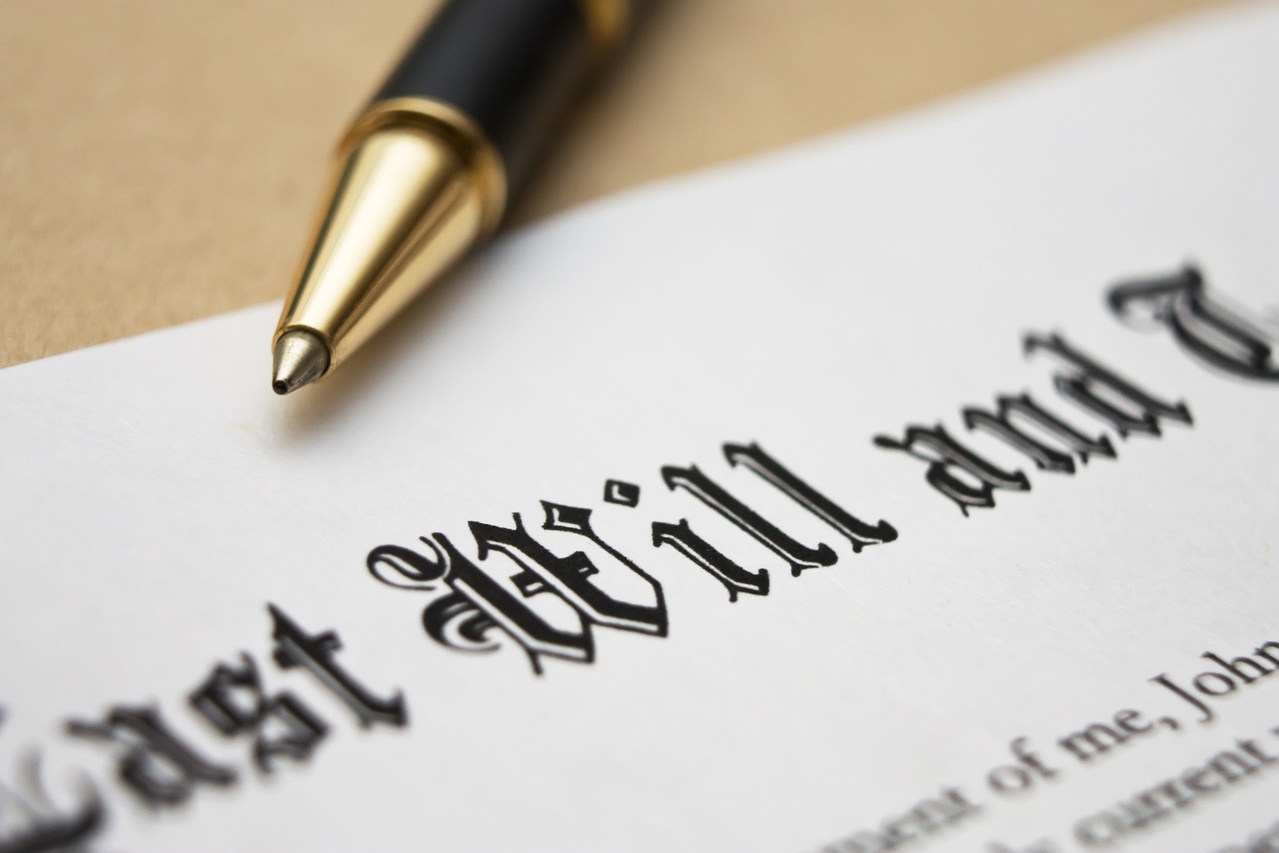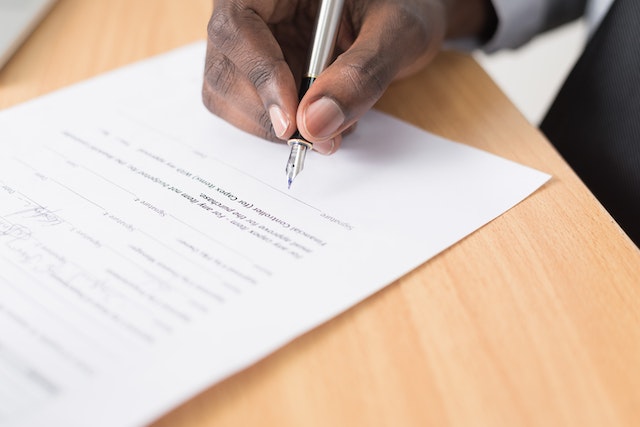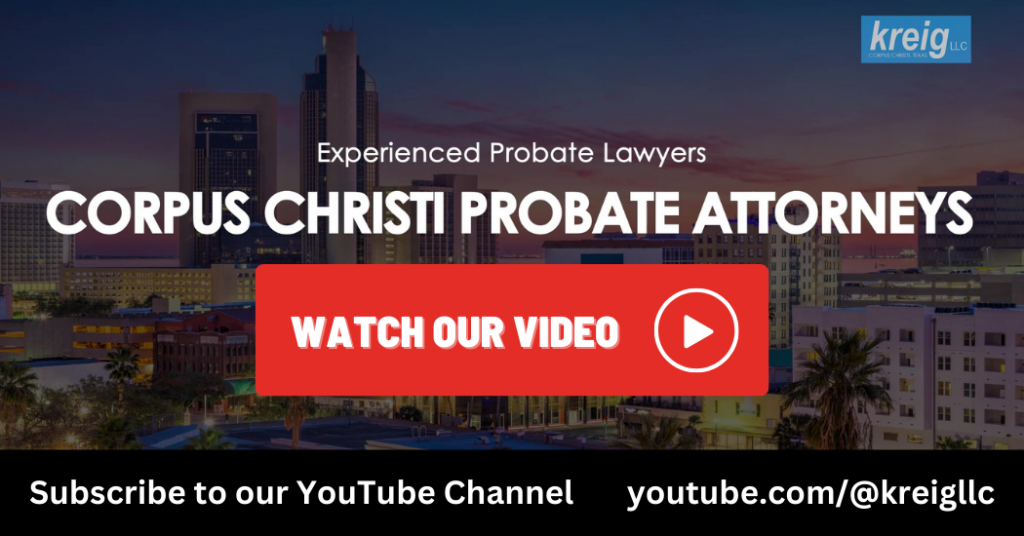In Texas, probate court is the venue in which family members, friends, and business associates can contest a will. The Texas Estates Code sets out rules for how the court should handle these disputes. You might be wondering, if evidence of past misconduct toward an estate can be admitted as evidence to prove undue influence. In this blog post, we will explore this question and discuss how courts have handled this issue in the case of Smith v. Smith.
What is undue influence?
The undue influence of a person is the unlawful or illegitimate use of pressure, coercion, or manipulation by one person to induce another person to do something against their will or better judgment. In some cases, it can also be used to refer to the act of unduly persuading someone to sign a document or make a financial decision without fully understanding the consequences.
There are many ways that people can exert undue influence over others. It can be through threats, physical force, emotional manipulation, or by taking advantage of someone’s mental or physical vulnerability. In some cases, it can also be as simple as offering rewards or bribes in exchange for favors.
While there are many legitimate ways to influence someone’s behavior, such as through persuasion or negotiation, undue influence is different in that it crosses the line into manipulation and coercion. When someone is under the undue influence of another person, they may not be able to make autonomous decisions about their life and choices. This can have serious consequences, both for the person being influenced and for those around them.
If you suspect that you or someone you know is being unduly influenced by another person, it’s important to seek help from a professional who can assess the situation and provide guidance on how to protect yourself from further harm.
Types of misconduct that may suggest undue influence
There are many types of misconduct that may suggest undue influence in a Texas probate court. Some examples include:
-A person who is not the rightful heir to an estate attempting to gain control of the estate through coercion or fraud
-An attorney who improperly uses their position to influence the outcome of a probate proceeding
-A witness who gives false testimony in a probate proceeding
-A person who unduly influences another person to execute a will or trust document in their favor
If you suspect that someone has exerted undue influence over another person in a Texas probate proceeding, you should contact an experienced probate attorney to investigate the matter further.
How to prove undue influence in court
To prove undue influence in court, you must first show that the person who stands to gain from the estate had a relationship with the decedent that was close enough to give them the opportunity to exert influence. You must also show that this person used their influence to coerce the decedent into making changes to their will or estate plan that they would not have otherwise made.
If you can prove these two elements, then the court will likely find that undue influence occurred and will take steps to protect the estate from any potential harm. For example, the court may appoint a guardian for the estate or may order that a portion of the estate be set aside for the benefit of the decedent’s heirs.
Probate Case Study
Smith v. Smith, 389 S.W.2d 498, 504 (Tex. Civ. App. — Austin 1965, writ ref’d n.r.e.).
When Kate Montgomery Smith passed away, she had executed two wills in her lifetime. The first will had a later codicil attached and then a second will several years later. Both wills were filed to probate by rival heirs and the trial court denied both. Two of her sons, Langston and James Smith, are proponents of the second will and the rest of her nine children and one grandchild are the proponents of the first. The first will would be a valid will had she not made a later will. The codicil to the first will removed Langston Smith, as a co-executor. The second will was found to be invalid because Kate did not have testamentary capacity to execute the will at the time it was made and was evidenced to have been under undue influence by Langston. Both wills divide all of the property the same except for the family home. In the second will Langston is bequested the family home.
The proponents of the second will appealed. They first claimed the trial court erred in denying probate of the second will due to Kate not having testamentary capacity. They alleged the finding of this was due to an an extreme bias and prejudice and that the evidence was overwhelmingly contrary to the finding. The court found that while there was some evidence proving contrary of the finding, the majority of the evidence proved Kate did not have testamentary capacity. Many of the children of Kate testified that she was often confused as to who they were and if they were even in the house with her. She was also placed in a guardianship after several health issues arose shortly after she signed the will. A doctor also testified that some of the drugs she was taking during that time likely kept her in an “intoxicated state” and that she was likely unclear during that time. The court held through this evidence that a jury could likely find she did not have testamentary capacity.
Appellants also tried to deny undue influence by Langston. However, testimony showed that Langston was an attorney by profession and was originally in charge of his mother’s estate. Kate later learned that Langston had been embezzling money from her estate which prompted the codicil to the first will which removed him as co-executor. He had been proven to have forged documents in the past so the court found that it was not unlikely that he had schemed to continue to take from her estate. The court also found that this made the second will have an unnatural disposition of property and makes it highly unlikely that Kate would have done this in sound mind.
Main Considerations
Can evidence of past misconduct toward an estate be admitted as evidence to prove undue influence?
Yes. Evidence of misconduct toward an estate in the past can prove that it would be unnatural to later reward that person with favor over other heirs.
Takeaways: Rules for judges
Smith v. Smith shows that evidence of misconduct toward an estate can be used to prove undue influence.
Do you need to hire an experienced attorney in a Texas will contest?
If you are considering contesting a will in Texas, it is important to understand the grounds on which you can do so. One of the grounds for contesting a will is undue influence. Under Texas law, undue influence occurs when someone uses their relationship with the testator (the person who made the will) to convince them to change their will in a way that benefits the person exerting the influence.
There are a few factors that courts will look at to determine whether undue influence occurred. One of those factors is whether the person who stands to benefit from the contested provision of the will had any sort of misconduct in their past. This could be something like fraud, coercion, or duress. If there is evidence that this kind of misconduct occurred, it may suggest that undue influence did occur.
Of course, this is just one factor that courts will look at. They will also consider things like the testator’s mental state at the time they made the disputed provision in their will. But if you are considering contesting a will on the basis of undue influence, it is important to be aware of this factor and how it could impact your case.
If you are considering contesting a will in Texas, you should speak with an experienced attorney who can advise you on your best course of action.

Related questions on Wills
What happens if you don’t probate a will in Texas?
If you don’t probate a will in Texas, the estate will be distributed according to the intestacy laws. This means that the assets will be divided among the heirs according to their relationship to the deceased. For example, if there is no surviving spouse, the children will inherit the estate. If there are no children, the parents will inherit the estate. If there are no parents, the siblings will inherit the estate.
When judges violate the constitution what should be the recourse?
When judges violate the constitution, the recourse should be to file a complaint with the state commission on judicial conduct. If the commission finds that the judge committed misconduct, they may impose sanctions, such as ordering the judge to take corrective action or issuing a public reprimand. In some cases, the commission may recommend that the judge be removed from office.
What can a judge issue to legally make something?
A judge can issue a number of different things to legally make something happen. For example, a judge can issue an injunction, which is a court order that requires someone to do or stop doing something. A judge can also issue a writ, which is a court order that commands someone to do something (such as appear in court or produce documents).
How long does an executor have to distribute assets in Texas?
When a person dies, their estate must go through probate in order to be distributed to the beneficiaries. The executor of the estate is responsible for distributing the assets, and in Texas, they have two years from the date of death to do so. If the executor does not distribute the assets within that time frame, they may be held liable for any losses incurred by the beneficiaries.




